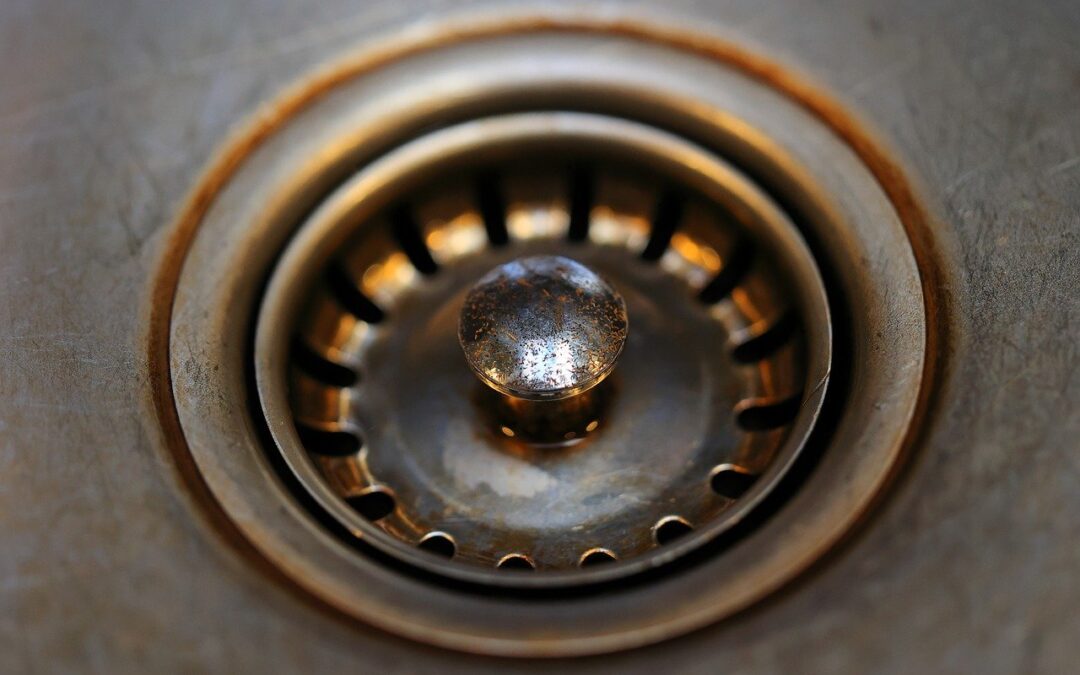Understanding the Origins of Smelly Drains
If an unpleasant rotten egg smell is wafting from one of your drains, chances are it’s caused by a clog within that specific drain. This clog leads to the formation of bacteria within the p-trap, a specialized fitting designed to create a robust barrier that prevents sewer gas and odors from infiltrating your home. However, there are other common culprits for smelly drains. It might result from drain inactivity, grease accumulation, food particles decomposing in the garbage disposal, or hair and soap residue accumulating in bathroom drains. Conversely, if the foul odor is emanating from multiple drains in your home, it’s possible that a sewer line clog is to blame.
Effective Steps to Eliminate Smelly Drains
You don’t have to endure smelly drains any longer. Here are three practical solutions to help you eliminate unpleasant odors:
1. Baking Soda and Hydrogen Peroxide:
- Start by pouring a small amount of dry baking soda into the affected drain.
- Slowly add vinegar until the baking soda begins to bubble.
- Continue adding vinegar until there’s no more bubbling, and your drains are left smelling fresh and clean.
While this method can provide immediate relief, it’s important to note that it’s a short-term solution. Continuous use of acidic solutions like vinegar can accelerate the corrosion of your metal pipes, potentially leading to weakened integrity and the risk of future leaks or breaks.
An alternative to vinegar is hydrogen peroxide. Mix one cup of hydrogen peroxide with a tablespoon of baking soda, then pour it down the drain. The foaming action will help clean your drain and leave it smelling fresh. This solution is gentler on your pipes in the long run. However, be cautious when using hydrogen peroxide, as it can cause burns. If you have a septic tank, be aware that hydrogen peroxide may harm the soil in the drainfield.
2. Heated Vinegar:
Vinegar is a superb remedy for maintaining fresh and clean drains. It’s particularly effective when heated. The acetic acid in vinegar effectively penetrates grease and possesses disinfectant properties to neutralize the source of the odor. Nevertheless, like with other acidic solutions, continual application of vinegar can accelerate the corrosion of your metal pipes.
3. Bleach:
Bleach is known to kill most odor-causing bacteria. By eliminating these bacteria, you can also eliminate the unpleasant smell emanating from your drains. However, use bleach cautiously, as overuse can be harmful and potentially damage your plumbing.
If you’ve tried the above solutions, but the odor persists or affects multiple drains in your home, it’s time to seek professional help. Experienced plumbers utilize industrial water jetters, snake augers, and pipe camera equipment to locate and resolve the root cause of your drain odor issues.
Don’t let smelly drains disrupt your home’s comfort. Take action with these proactive solutions and enjoy fresh, odor-free plumbing.


